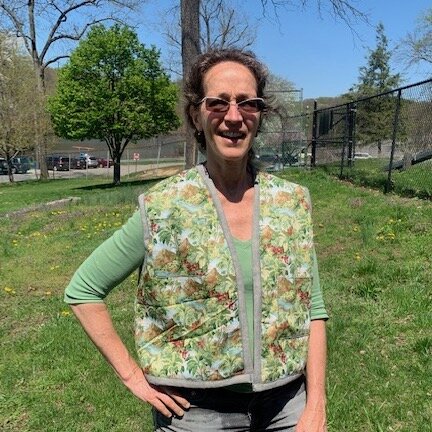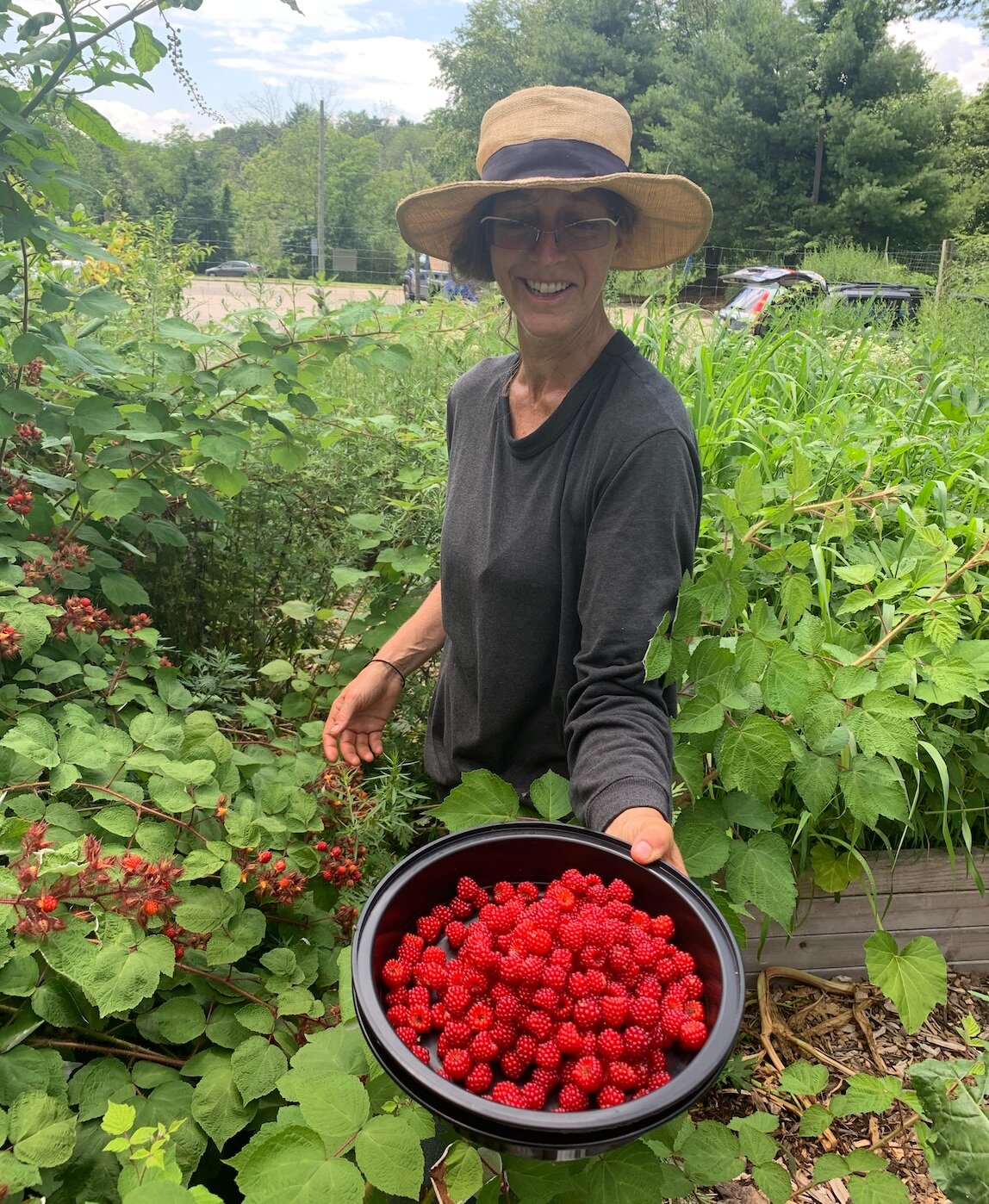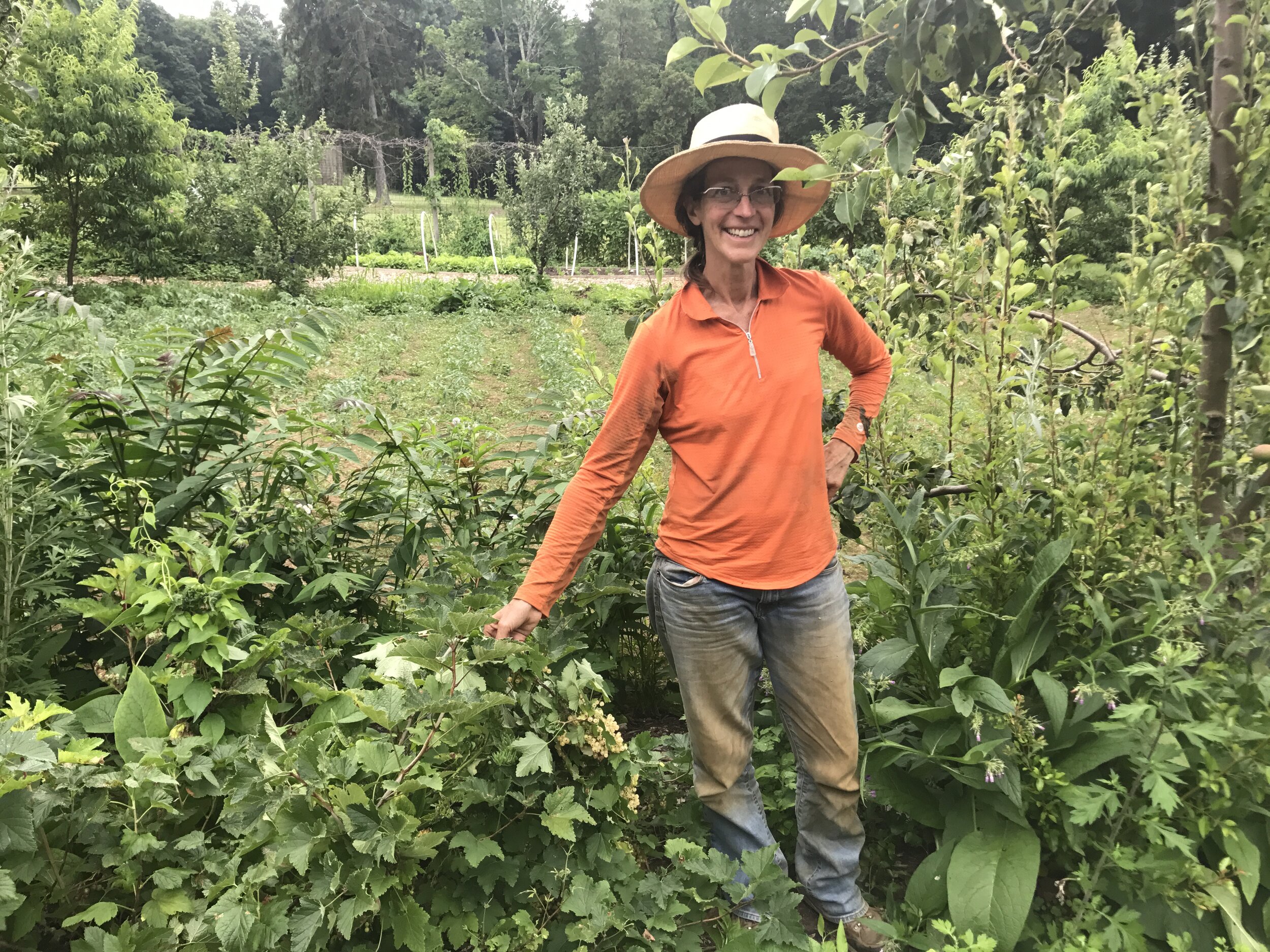Amy Benerofe
Founder and President of ONWG
Stanford + Manhattanville alumnus
20+ years experience designing and teaching workshops for kids of all ages and abilities
Throughout the early 2000s Amy Benerofe would take her children to Purdy’s farm: a rich plot of land replete with fresh, organic produce and livestock. Despite the positive impact the farm had on the local community, its owner struggled to make ends meet, and in spite of Amy’s efforts, Purdy’s farm crumbled under $3 million of debt and was reclaimed when the owner died.
Despite having no formal background in farming, Amy had an inherent understanding of the value of farmland and searched for a way to bring back the valuable resources that her community had lost when the old farm shut down.In 2008 after securing a permit on a patch of land outside one of her family’s properties, Amy began her first garden at New King Street learning farming essentials from one of her friends in the field, and Our New Way Garden was formed. Since then, Amy has expanded ONWG to include five large food-producing gardens, two corporate campuses, a town park, and a public housing facility.
When asked what inspired her to eventually incorporate Our New Way Garden as a nonprofit in 2012 which donates rather than sells a vast majority of its produce, Amy responded that the desire to make change in her community had existed within her since childhood: she had always wondered why “some people didn’t have enough while others had too much.” Participating in the SNAP challenge with her kids years later had shown Amy that it was nearly impossible to eat healthily at a SNAP price-point, recalling that she and her kids often went to bed hungry. She knew that despite being well-off herself, there were many members of her community who lived like this every day: who couldn’t afford to buy the fresh and organic food from Stonebarns that their more wealthy counterparts had access to. The exorbitant cost of good food wasn’t changing the status quo: it was reinforcing a power dynamic that had existed for generations.
Amy believes that many of the problems we face in our world today stem from the fact that access to an abundance of nutritious food is limited to the upper-middle and upper classes and she urges everyone, regardless of class, to help support her mission. “The way we massively produce food on this planet hurts everyone,” she says. “If we lose the bees, nobody is going to eat. If we don’t take care of each other, we all suffer.”
Amy hopes to raise enough money in donations over the next few years to be able to hire like-minded individuals to work with her full-time so that she can help spread knowledge about the benefits of local, sustainable farming and open doors for more communities in need.





